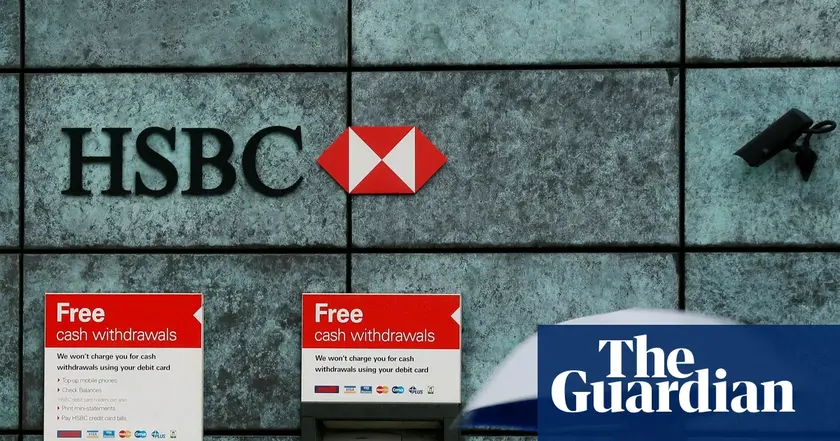T4K3.news
Rachel Reeves may face tax increases to address budget gap
The National Institute for Economic Affairs highlights a £41 billion shortfall in the UK budget.
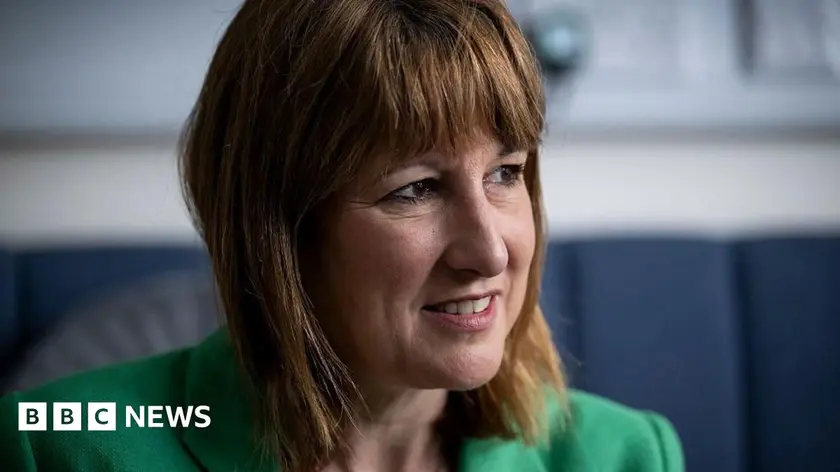
The National Institute for Economic Affairs warns of significant budget shortfalls for the UK government.
Rachel Reeves faces pressure to raise taxes amid £41bn budget gap
The National Institute for Economic Affairs (NIESR) reports that UK Chancellor Rachel Reeves must consider raising taxes to cover a £41 billion budget shortfall. The deficit stems from weak economic growth, which has resulted in decreased tax revenues and increased government borrowing. Additionally, plans to counteract welfare cuts, initially aimed at saving £5.5 billion annually by 2030, have faltered, now projected to yield only a fraction of that amount. NIESR advises a focus on reducing welfare spending by facilitating employment for benefit recipients. Economic uncertainty looms, partly due to US trade policies under President Donald Trump. The chancellor’s challenges are exacerbated by a rise in National Insurance contributions, discouraging business investments. As living standards drop, particularly among the poorest, NIESR urges the government to implement strategies for economic growth and productivity enhancement.
Key Takeaways
"Experts are warning Labour's economic mismanagement has blown a black hole in the nation's finances."
Shadow Chancellor Sir Mel Stride critiques Labour's approach to the economy.
"The best way to strengthen public finances is by growing the economy – which is our focus."
A Treasury spokesperson emphasizes the need for economic growth over tax hikes.
Reeves finds herself at a critical intersection where fiscal responsibility meets the pressing need for socio-economic reform. The NIESR report underscores the complexities of the current economic landscape. Labour's mixed messages on taxation and welfare reform may provoke a backlash from both the public and potential investors. If the government fails to address the economic stagnation, it risks further weakening the UK's competitive position within the G7. The conversation around tax reforms, particularly in relation to council tax, indicates shifting priorities, suggesting that a more sustainable fiscal strategy could involve replacing outdated systems with innovative approaches. This moment presents an opportunity for clear leadership amid uncertainty, challenging Reeves to convey a bold and effective economic vision.
Highlights
- Raising taxes may be unavoidable if the budget gap widens further.
- Labour’s economic mismanagement has raised serious concerns.
- Living standards for the poorest are now 10% lower than before Covid.
- Without effective reform, the UK risks stagnation.
Economic implications of budget gap raise concerns
The significant budget shortfall could lead to increased taxes, affecting public sentiment and investor confidence.
The future of the UK's economic policy hangs in the balance, and decisive action is essential.
Enjoyed this? Let your friends know!
Related News
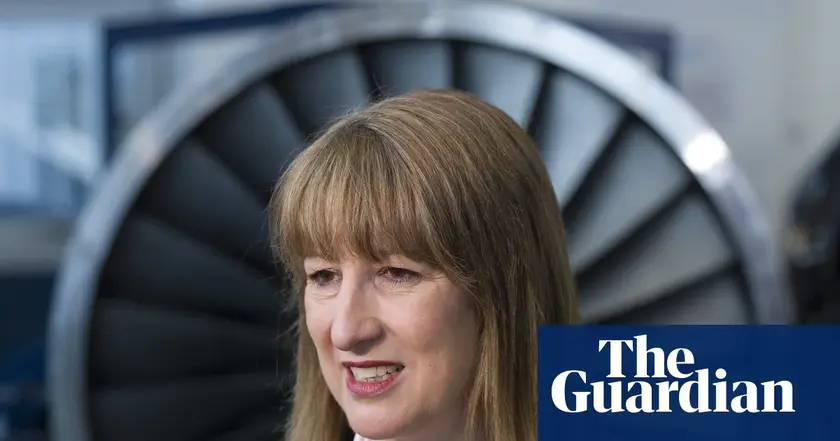
Rachel Reeves under pressure to raise taxes
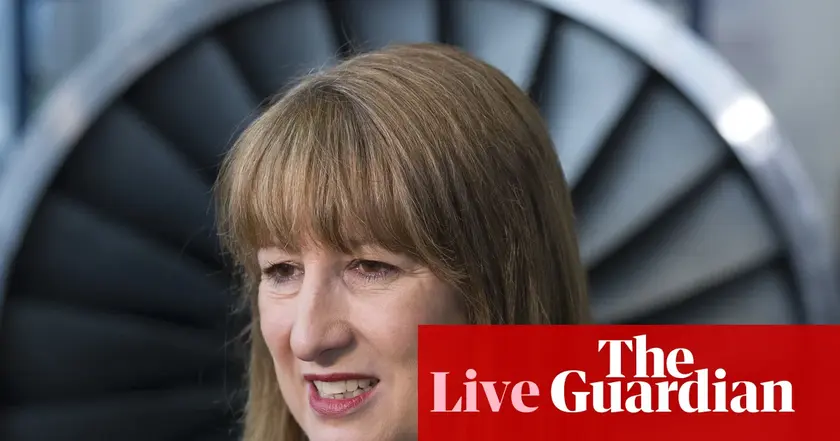
UK faces rising fiscal deficit with urgent need for council tax reform

Retailers warn of rising costs from tax increases
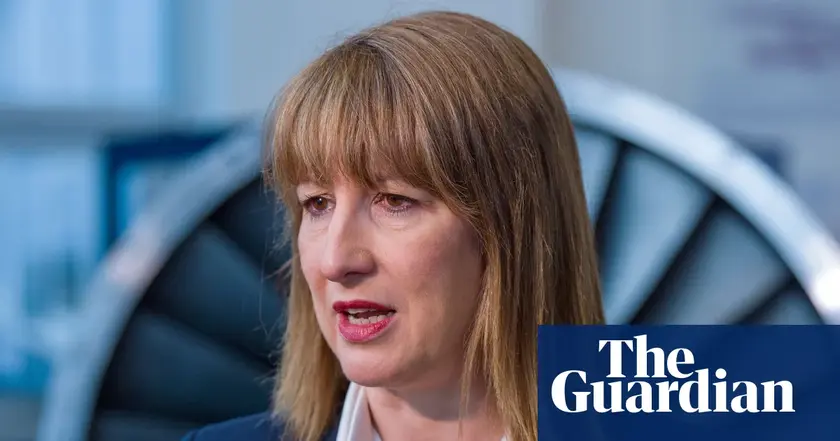
IMF advises UK to reconsider pension and NHS treatment policies
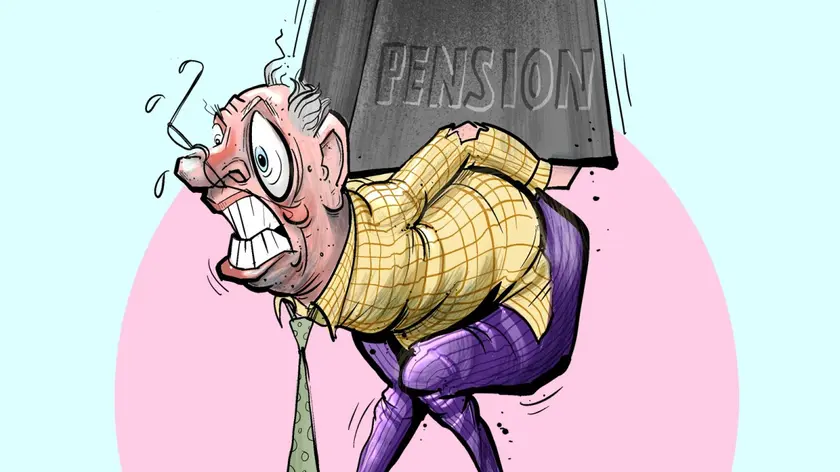
Chancellor plans major pension reforms
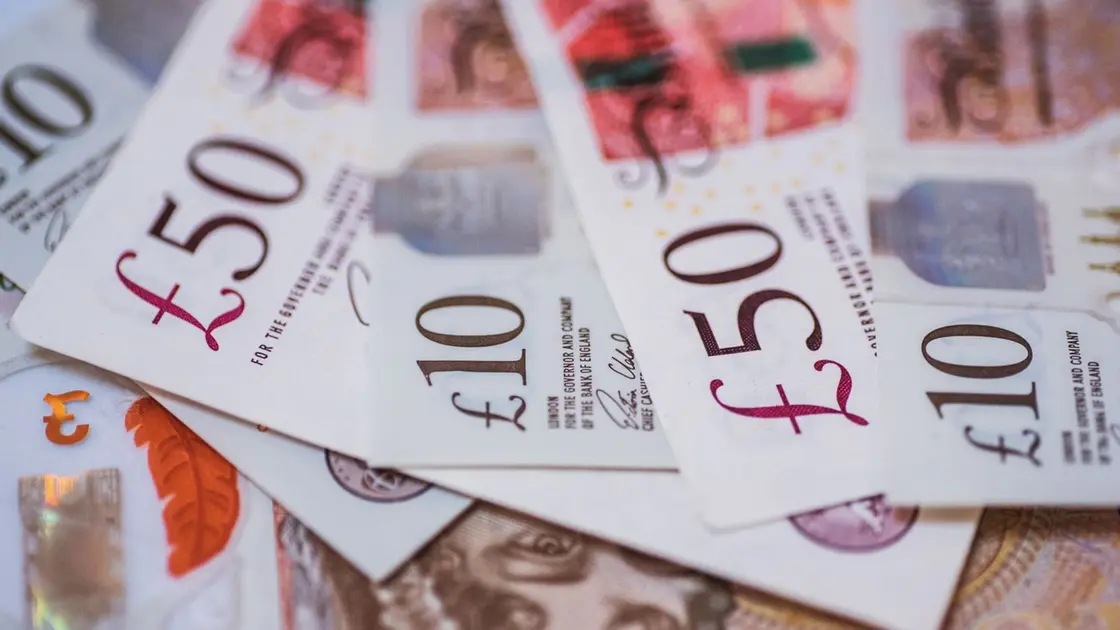
Government borrowing reaches record high
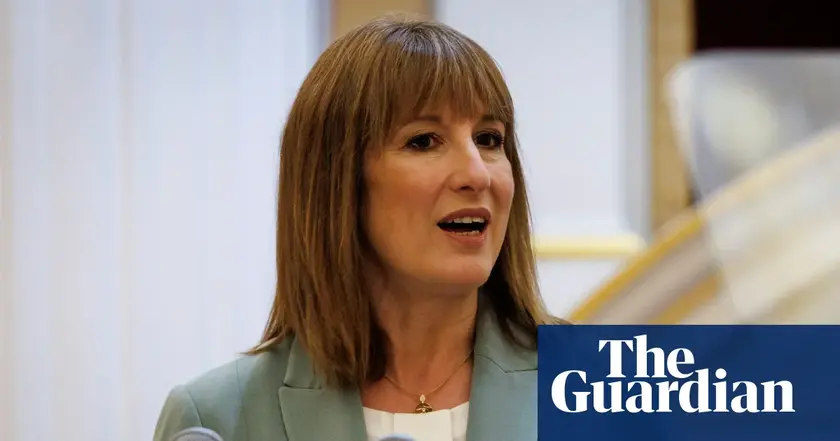
UK borrowing rises unexpectedly putting pressure on Chancellor
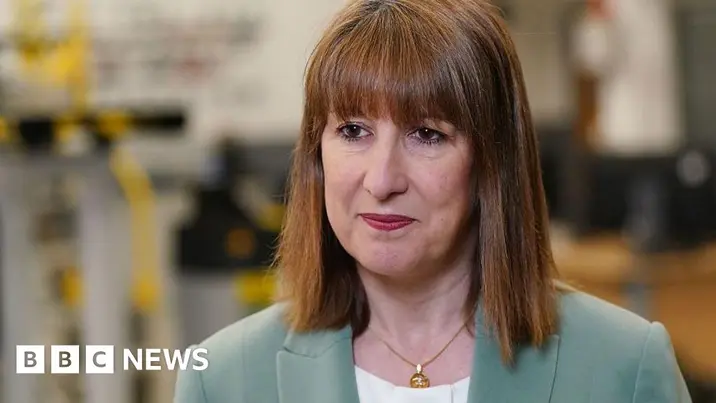
Government borrowing in UK rises significantly
